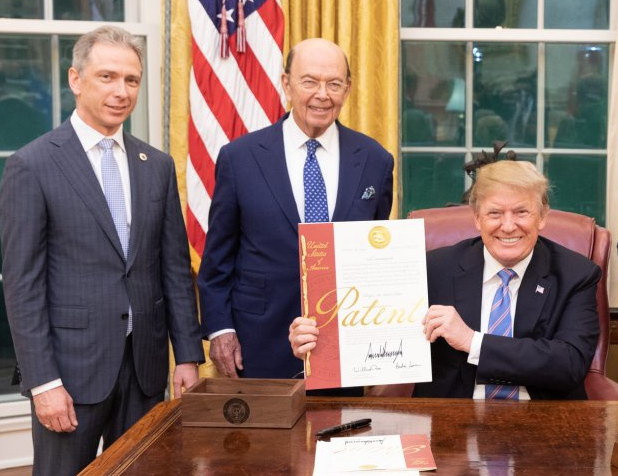

OVER THE course of the day today I saw about a dozen articles, all written by patent law firms, regarding the guidance on software patents (or Section 101) at the U.S. Patent and Trademark Office (USPTO). Some were as misleading as this one, but some were more moderate or conservative. Some admit that as long as the courts reject such patents, not much will change.
"Unified Patents has advertised new jobs for attorneys looking to squash bad patents through inter partes reviews (IPRs), so there's hope for people looking for a career change -- basically challenging patents rather than saturating the market with them."Earlier this weekend Patent Docs advertised this so-called 'webiner' with "guidance on how to defend software patents from attacks under those statutory sections..."
No, patents do not come under "attacks"; the patents themselves and the lawsuits are arguably 'theft' (monopoly) and attacks, respectively, especially when the patents are known to be questionable/invalid all along. In the interests of time management we've promised not to dwell on USPTO affairs this year but instead focus on the European Patent Office (EPO) and non-patent matters. Earlier today I saw several dozens of examples of newly-granted US patents on software -- basically no exception to what we saw in past months or years. Watchtroll keeps moaning and sobbing about courts while the site demonises PTAB. This too is the usual. Iancu cannot legally bypass the courts (he might try), so we'll be paying more attention to patent cases and decisions (courts' opinions) than to the nonsense that comes out of Iancu's mouth. Based on the past two weeks (since the year started), there's no case defying Alice at the Federal Circuit or the Patent Trial and Appeal Board (PTAB). Unified Patents has advertised new jobs for attorneys looking to squash bad patents through inter partes reviews (IPRs), so there's hope for people looking for a career change -- basically challenging patents rather than saturating the market with them.
Unless or until courts change course, Techrights won't be covering US patent affairs as much as it did last year. This is planned and it's strategic (a matter of priorities). ⬆